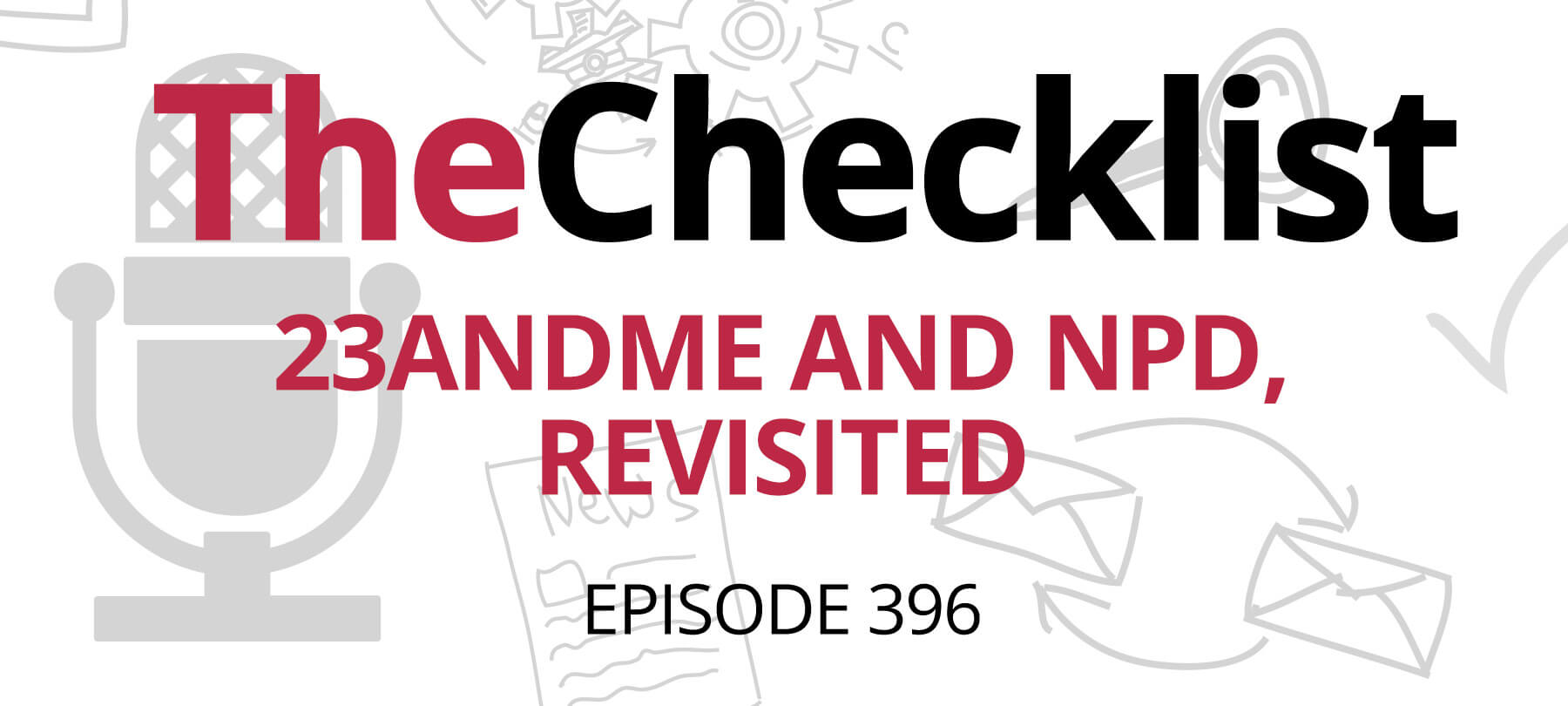OpenAI’s Voice Cloning Tech Sparks Concerns Amid Election Year
In the wake of OpenAI’s announcement claiming the ability to clone voices from as little as 15 seconds of audio, concerns regarding potential misuse have been raised, especially in the context of an election year. Clint Watts, general manager of Microsoft’s Threat Analysis Center, emphasized the vulnerability of audio as a medium, stating that AI-generated audio lacks contextual clues, making it challenging for audiences to discern authenticity.
OpenAI’s Voice Engine, touted for its capability to mimic any speaker with natural-sounding speech, raises questions about its potential repercussions. While the company highlights beneficial applications such as aiding reading assistance and language translation, critics remain wary of its misuse.
Acknowledging the serious risks associated with the technology, OpenAI claims to be taking precautions by incorporating feedback from various sectors, including government, media, and civil society. Preview testers have agreed to usage policies prohibiting impersonation without consent, and safeguards such as disclosure requirements and proactive monitoring aim to mitigate misuse.
Despite assurances, concerns persist about the affordability of the technology, with potential pricing suggesting accessibility for nefarious purposes. While OpenAI enforces rules and safeguards, skepticism remains about the effectiveness of these measures in preventing misuse.
sources: Engadget, The Register, TechCrunch
Microsoft Executive Warns of Deepfake Election Threats, Advocates Vigilance
In the midst of an election year, Clint Watts, the general manager of Microsoft’s Threat Analysis Center, sounds the alarm on the ease of deepfake election manipulation. Despite a level of reassurance regarding detectability, the threat remains significant.
Watts highlights the evolving landscape of disinformation tactics, noting a shift towards video-based manipulation, facilitated by platforms like YouTube. He underscores the simplicity of some deceptive tactics, such as adding genuine news organization logos to images, which can garner widespread dissemination.
While AI-generated text may be simpler to fabricate, Watts emphasizes the heightened risk associated with AI-generated audio, citing its ease of creation and lack of contextual clues for audiences.
Combatting such threats requires a multifaceted approach, including scrutiny of images and videos for anomalies, reliance on trusted sources, and fact-checking through platforms like Snopes.com. Watts advises against sharing potentially fake content to prevent its proliferation and emphasizes the importance of maintaining a diverse array of trusted news sources.
As concerns mount over the potential impact of deepfake technologies on election integrity, vigilance and critical thinking emerge as essential tools in combating misinformation.
sources: The Register
Apple Issues Alerts on Suspected Mercenary Spyware Attacks, Igniting Speculation
Amidst a global surge in election-related tensions, Apple’s revelation of suspected mercenary spyware attacks has ignited concerns about state-sponsored surveillance. The tech giant’s notifications, sent to individuals in 92 countries, including journalists and politicians, warn of targeted iPhone compromises by sophisticated adversaries.
Details surrounding the attacks remain shrouded in mystery, with Apple maintaining discretion to prevent adversaries from adapting their tactics. However, past incidents involving NSO Group’s Pegasus spyware, notably detected on journalists’ iPhones in India, raise suspicions regarding the identity of the perpetrators.
While NSO Group claims to serve authorized governments in combating terrorism and crime, its technology’s potential misuse for surveillance raises ethical and political dilemmas. India’s previous reaction to Apple’s warnings, coupled with reports of Indian users receiving recent threat notifications, underscores the geopolitical complexities at play.
Notably, Apple’s shift from describing attackers as “state-sponsored” to “mercenary spyware attacks” suggests a nuanced approach, possibly aimed at avoiding diplomatic tensions. The timing of these alerts, coinciding with preparations for local elections in many countries, underscores the broader context of heightened electoral interference concerns.
As the global community grapples with evolving threats to digital privacy and election integrity, Apple’s warnings serve as a stark reminder of the persistent challenges posed by state-sponsored surveillance and cyber warfare.
sources: TechCrunch



